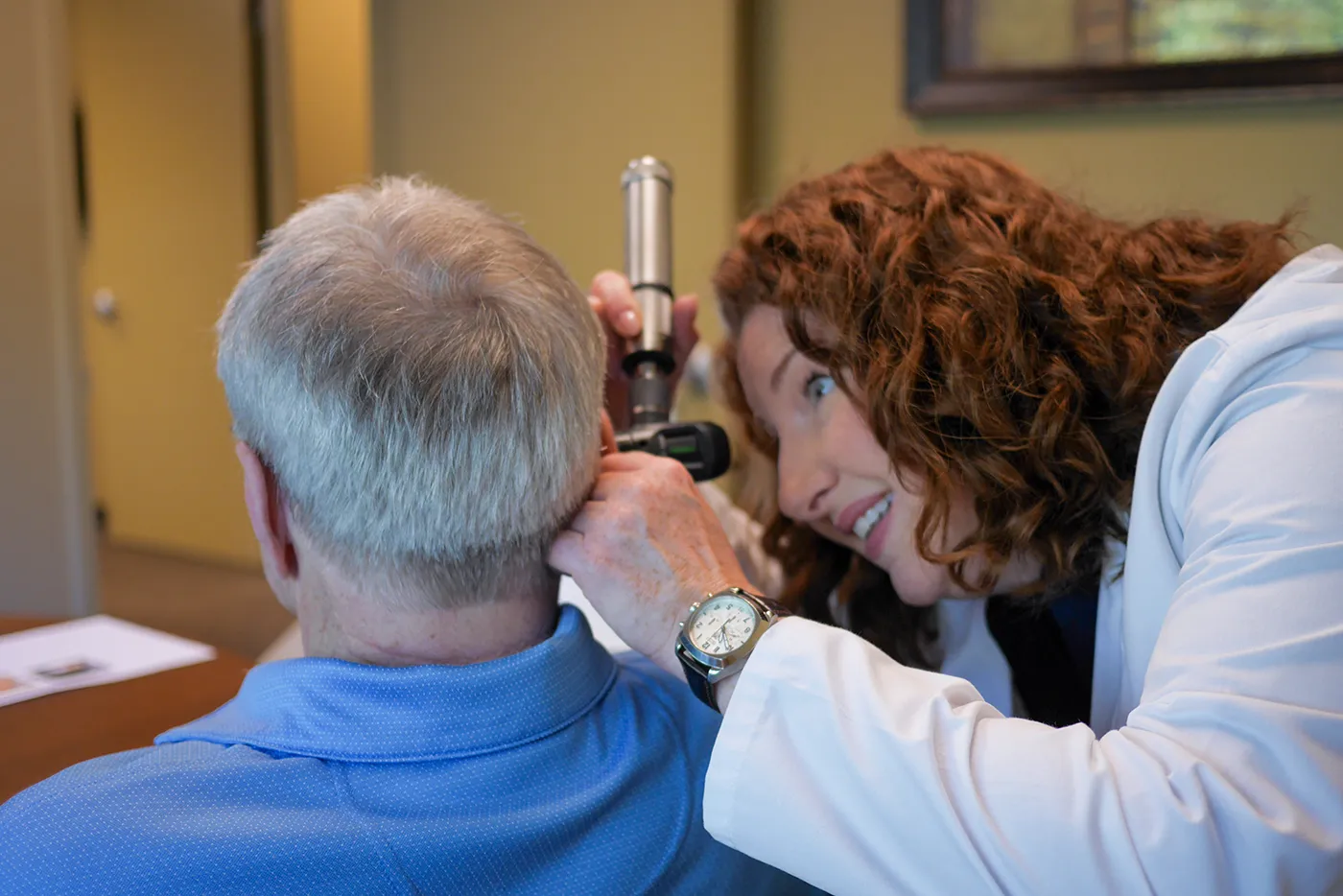
Understanding Tinnitus
Tinnitus is the perception of sound when no external noise is present, often experienced as ringing, buzzing, or other sounds in one or both ears. This condition affects people differently—some notice it only in quiet environments, while others find it interferes with daily activities and concentration.
- Affects over 50 million Americans with varying degrees of severity
- Sounds are internally generated, not from external sources
- Can significantly impact quality of life and sleep patterns
The sounds associated with tinnitus vary greatly from person to person and may change in pitch, volume, or character throughout the day. Some individuals experience tinnitus in one ear, while others hear it in both ears or perceive it as coming from inside their head. The intensity can range from barely noticeable to loud enough to interfere with concentration and hearing actual sounds.
For many people, tinnitus becomes more noticeable during quiet times, such as when trying to fall asleep or in silent rooms. This increased awareness can create a cycle where focusing on the sound makes it seem louder or more bothersome.
.jpg)
Causes of Tinnitus
Hearing Loss
Noise Exposure
Ear Conditions
Medical Conditions
Lifestyle Factors
Understanding what triggers your tinnitus helps us develop an effective treatment plan tailored to your specific situation. Tinnitus rarely has a single cause—instead, it often results from a combination of factors that affect your auditory system and overall health.
Each person's tinnitus has unique characteristics and triggers, which is why our personalized approach focuses on identifying and addressing your specific contributing factors. By understanding the root causes of your tinnitus, we can better predict which treatment options will be most effective and help you develop strategies to minimize its impact on your daily life.
Tinnitus Treatments
While there's no single cure for tinnitus, we offer several evidence-based approaches that have helped many of our patients find relief and improve their quality of life.
Modern hearing aids from manufacturers like Oticon, Phonak, Signia, Widex, and Starkey include specialized tinnitus management programs. These devices not only address any underlying hearing loss but also provide customizable sound therapy options. By improving your overall hearing, these devices often reduce the prominence of tinnitus, especially in environments with background noise.
Sound therapy uses external sounds to help your brain shift focus away from tinnitus. This can include white noise machines, nature sounds, or specialized tinnitus maskers. We work with you to find the right combination of sounds and volume levels that provide relief without interfering with your daily activities or sleep.
Small changes in daily habits can make a significant difference in tinnitus perception. We provide guidance on stress management techniques, sleep hygiene, and dietary considerations. Our counseling approach helps you understand your tinnitus and develop coping strategies that reduce its impact on your life.
Lyric hearing devices can be an excellent option for people who suffer from tinnitus because they provide continuous sound stimulation 24/7, even during sleep. By amplifying environmental sounds around the clock, they help reduce the perception of tinnitus through a process called sound therapy or masking. Since Lyric devices are worn deep in the ear canal and remain in place for months at a time, users experience consistent relief without having to insert or remove a device daily, making them a convenient and discreet solution for managing tinnitus symptoms

